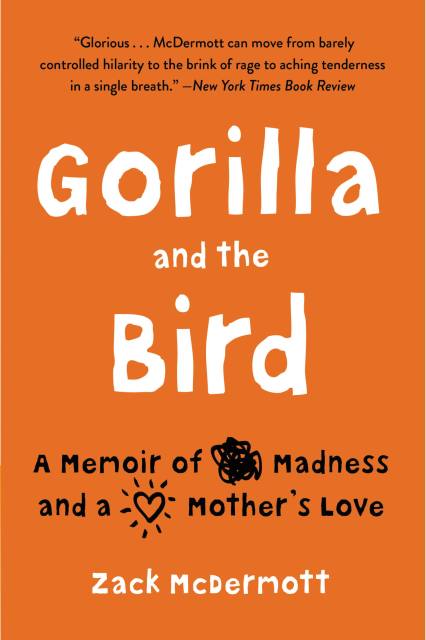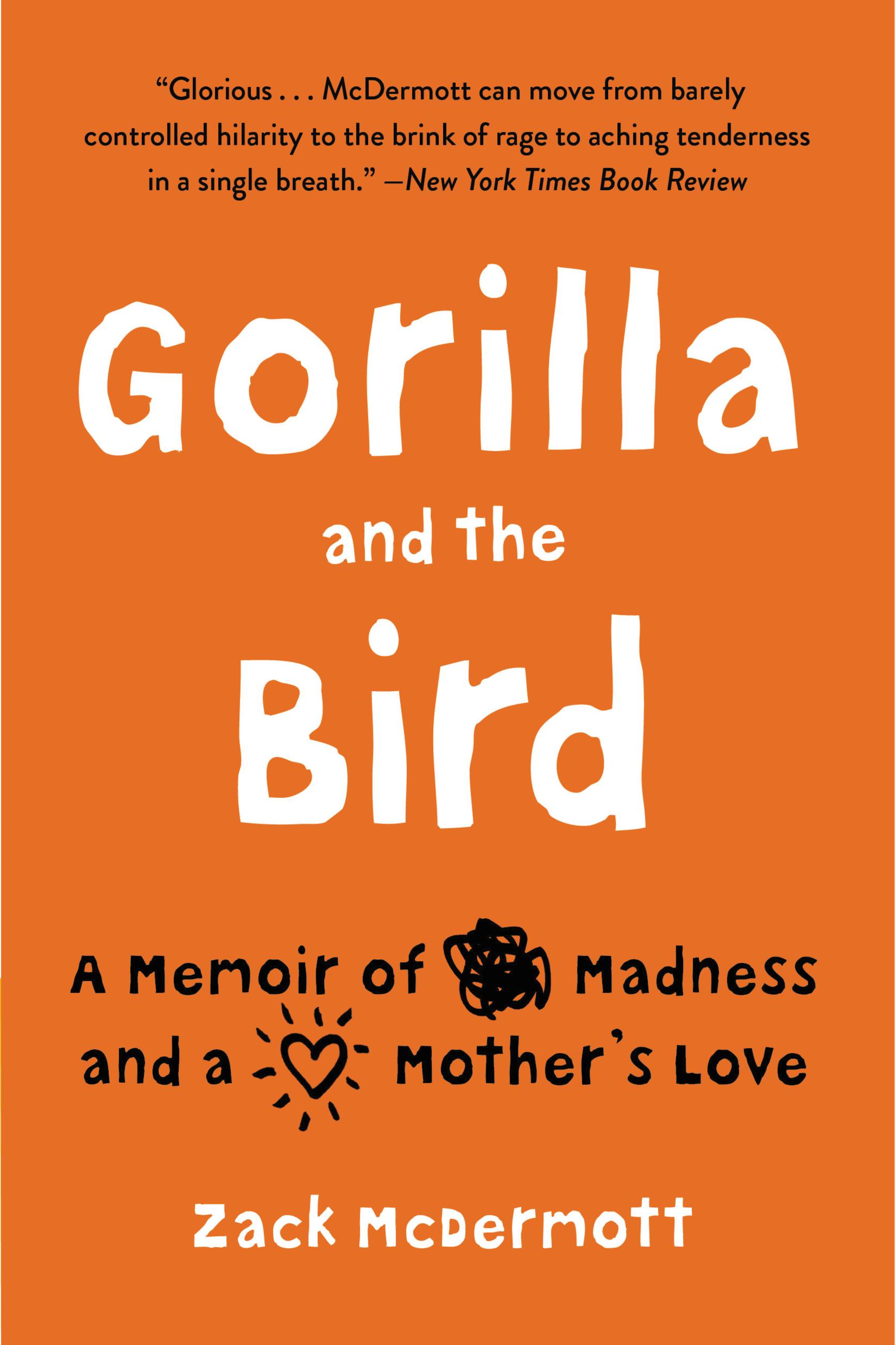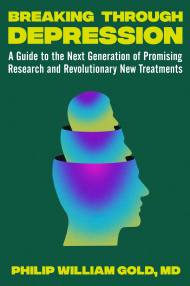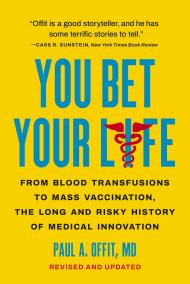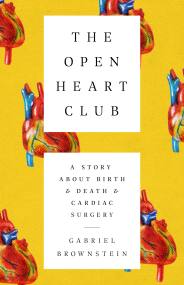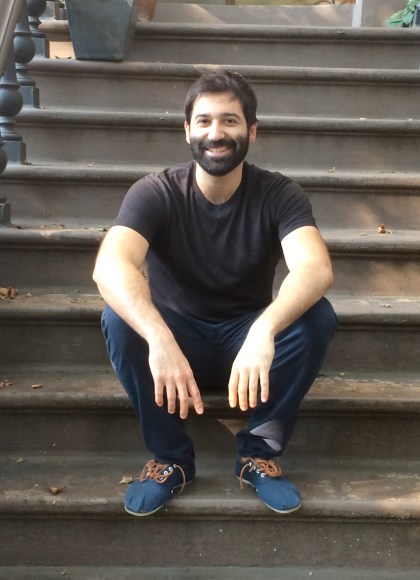By clicking “Accept,” you agree to the use of cookies and similar technologies on your device as set forth in our Cookie Policy and our Privacy Policy. Please note that certain cookies are essential for this website to function properly and do not require user consent to be deployed.
Gorilla and the Bird
A Memoir of Madness and a Mother's Love
Contributors
Formats and Prices
- On Sale
- Sep 26, 2017
- Page Count
- 288 pages
- Publisher
- Little, Brown and Company
- ISBN-13
- 9780316315111
Price
$11.99Price
$15.99 CADFormat
Format:
- ebook $11.99 $15.99 CAD
- Audiobook Download (Unabridged)
- Trade Paperback $21.99 $28.99 CAD
This item is a preorder. Your payment method will be charged immediately, and the product is expected to ship on or around September 26, 2017. This date is subject to change due to shipping delays beyond our control.
Buy from Other Retailers:
Zack McDermott, a 26-year-old Brooklyn public defender, woke up one morning convinced he was being filmed, Truman Show-style, as part of an audition for a TV pilot. Every passerby was an actor; every car would magically stop for him; everything he saw was a cue from “The Producer” to help inspire the performance of a lifetime. After a manic spree around Manhattan, Zack, who is bipolar, was arrested on a subway platform and admitted to Bellevue Hospital.
So begins the story of Zack’s freefall into psychosis and his desperate, poignant, often hilarious struggle to claw his way back to sanity. It’s a journey that will take him from New York City back to his Kansas roots and to the one person who might be able to save him, his tough, big-hearted Midwestern mother, nicknamed the Bird, whose fierce and steadfast love is the light in Zack’s dark world.
Before his odyssey is over, Zack will be tackled by guards in mental wards, run naked through cornfields, receive secret messages from the TV, befriend a former Navy Seal and his talking stuffed monkey, and see the Virgin Mary in the whorls of his own back hair. But with the Bird’s help, he just might have a shot at pulling through, starting over, and maybe even meeting a partner who can love him back, bipolar and all.
Introducing an electrifying new voice, Gorilla and the Bird is a raw and unforgettable account of a young man’s unraveling and the relationship that saves him.
Genre:
-
"A funny, finely observed and surprisingly touching depiction of what it feels like to lose your mind. By allowing us to witness his lowest and most delusional moments, and the slow and tentative process of returning to the world, Zack McDermott provides a gripping portrait of a very real human battle too often ignored and misunderstood. I am better for reading this book."Sarah Hepola, NewYork Times bestselling author of Blackout
-
"Zack McDermott's portrait of a mind under assault from bi-polar illness is both fascinating and heart-breaking to observe, and he takes us into his experience with riveting intensity. But McDermott's real achievement is capturing the moving determination and steadfast love of the mother who saves him, the remarkable Bird who breaks the loneliness, quiets the fear and gives him a home worth returning to. I was so moved by this book and these people."George Hodgman, New York Times bestselling author of Bettyville
-
"A poignant memoir...[McDermott's] book asks us to destigmatize mental illness by familiarizing us intimately with the issue."Los Angeles Review of Books
-
"McDermott brings a vivid and unsettling degree of intimacy to his descriptions of mania's onset. . . His work as a public defender grows out of a deep sense of empathy for the stigmatized and marginalized that's evident on every page. He uses that empathy to construct a deeply compassionate portrait of his mother - a resilient woman whose love helps ground him in the real, even in moments when his reality is at its most friable."NPR.org
-
"A startlingly moving memoir of mother and son, structural injustice and inflammable mental illness. Gorilla and the Bird is as piss-cuttin' a pieta as anyone has any right to hope for. And Zack McDermott -- guy's a fleet, funny, unsentimental storyteller who manages that rare thing: He allows a damaged soul be found."Kent Russell, author of I Am Sorry to Think I Have Raised a TimidSon
-
"A captivating and witty memoir about a young lawyer's gut-wrenching struggle with mental illness and the fierce, protective love of his remarkable mother and dedicated friends, Zack McDermott's Gorilla and the Bird is not only a deeply powerful reminder of our own vulnerability, but a truly inspirational testament to the strength of the human spirit. This book makes accessible experiences that some may wish to ignore but that urgently require our attention, acceptance and empathy."ElizabethFord, M.D., author of Sometimes Amazing Things Happen
-
"Gorilla and the Bird will make you laugh, cry, and wonder what would happen if we were all brave enough to tell the stories of our relationships with love and madness. I needed this book."KieseLaymon, author of How to Slowly Kill Yourself and Others inAmerica
-
"A tale of madness, self-destruction, and the stalwart presence of a family...McDermott's memoir is decidedly offbeat, unfolding like a country song. There's the law, some good jokes, substance abuse, and love lost and found, but there's also a keenly felt sense of justice for the people who can't catch a break in this world, 'the dregs, the castoffs, the addicts'...If the Joads were tanked up on Bud Light and Haldol and Steinbeck were under Hunter S. Thompson's influence, this might be the result-rueful, funny, and utterly authentic."Kirkus Reviews
-
"A remarkably written (and lived) memoir about hard beginnings, bad genes, delusions of grandeur, and epic mother love...holds us rapt."Huffington Post
-
"[A] poignant and powerful debut...an important resource for anyone impacted by the scope of bipolar disorder, as well as those who want to learn more about it."The Rumpus
-
"Glorious...one of the best memoirs I've read in years. The sheer, sharp pleasure of McDermott's prose is reason enough to pick it up...Gorilla and the Bird, though sure to be marketed as a mental health memoir, is equally a tragicomic gem about family, class, race, justice, and the spectacular weirdness of Wichita, Kan.... McDermott gives us a flawed, funny, self-aware narrator with a powerful command of his own voice; he can move from barely controlled hilarity to the brink of rage to aching tenderness in a single breath. While he sustains his pell-mell pace from the first page to the last, he also covers an enormous amount of territory, carrying the reader from a brutally funny description of childhood in the heart of the Midwest to an unflinching exploration of the racism embedded in the American justice system. At the center of Gorilla and the Bird is a beautiful and profoundly affecting portrait of the Bird, McDermott's mother - a woman as real, raw, and obstinate in her love for the Gorilla [McDermott] as he is in his love for her...With deceptive effortlessness, this book carries the reader through both the peculiar twists and turns of the bipolar mind, and over some complex, shifting terrain in ethics and American life."Marya Hornbacher, New York Times Book Review
Newsletter Signup
By clicking ‘Sign Up,’ I acknowledge that I have read and agree to Hachette Book Group’s Privacy Policy and Terms of Use
